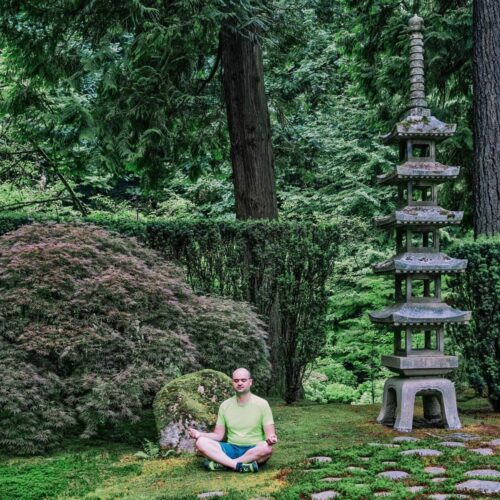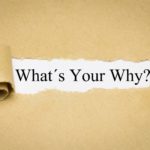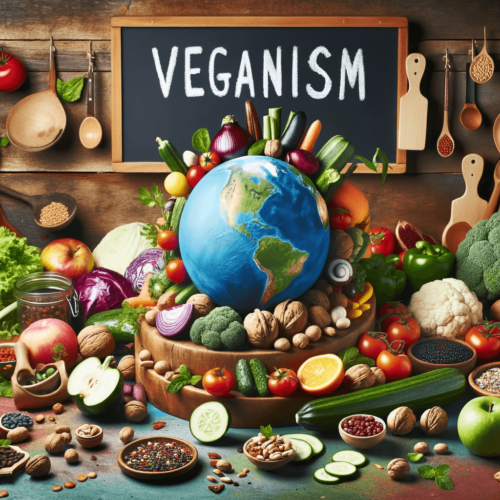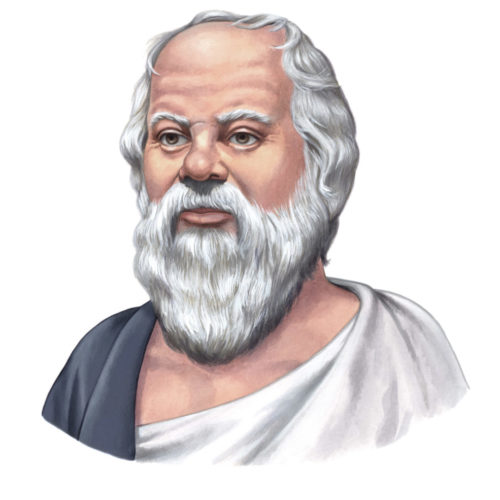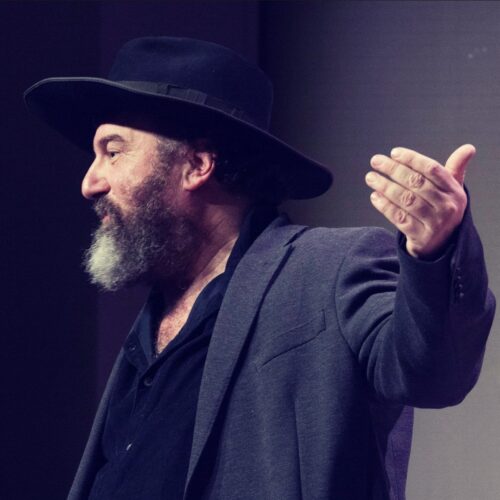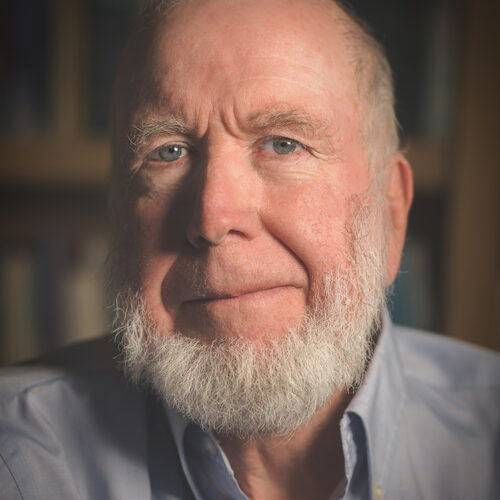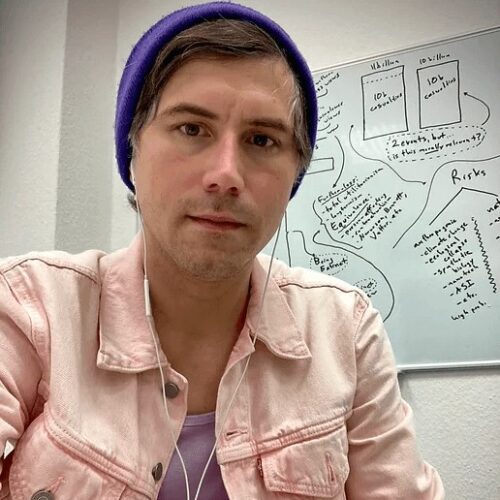Chapter 4: The Power of the Storyteller
Socrates / Podcasts, ReWriting the Human Story
Posted on: May 16, 2021 / Last Modified: May 29, 2021
Podcast: Play in new window | Download | Embed
Subscribe: RSS
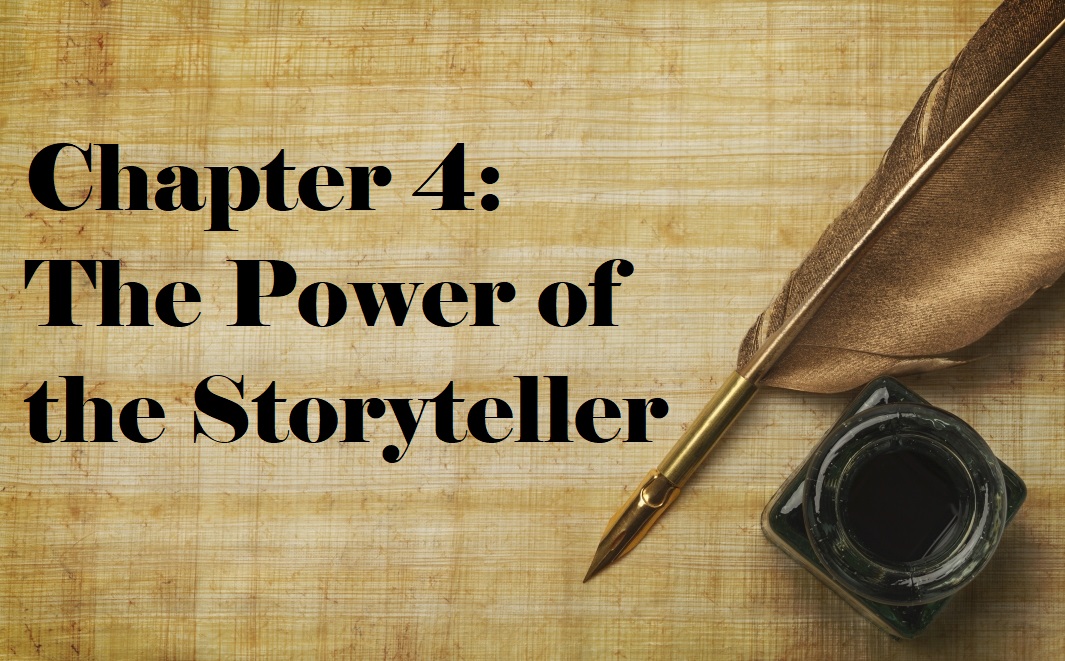
ReWriting the Human Story: How Our Story Determines Our Future
an alternative thought experiment by Nikola Danaylov
Chapter 4: The Power of the Storyteller
The most powerful person in the world is the storyteller. The storyteller sets the vision, values and agenda of an entire generation that is to come. Steve Jobs.
Before we have a story, any story, we must first have a storyteller. And that storyteller is a god, because within their narrative they are all-powerful, almighty and omnipotent. That’s why religion is among the most powerful stories of our civilization. And, the storyteller of such a popular story is, of course, a god. Or the son of God. Or the prophet of God. Or in the image of God. He sets the rules and the laws, what is good and evil, what is right and wrong, what is and what is not possible. He tells us how to dress, what to eat, how to live, how to relate to each other, who must marry whom, how to bring up our children, where we are coming from, why we are here, what is the purpose of life and where we go after death. If we believe his story, we are going to not only listen to but also obey his “commandments.”
It is for this reason that nations and even corporations are also made by mythical stories. Because myth-making is team-building is nation-building is world-making – stories told on a different scale. The myth helps us make sense of the world as well as establish our proper place in it – whether as individuals, corporations or nations. It gives us both meaning and purpose. So, as long as we all believe in the same story, we will cooperate. And we are likely to obey the people who tell those stories. This is true not only in religion and politics but also in business, entertainment, music, art, science, etc. Because those who tell the most popular stories are the most powerful people. And ultimate success in telling a story grants access to ultimate power.
Up until now, it was humans who told stories. Naturally, those stories end up with humans being the central entity. But let us examine how our place in the story has changed through time.
Historically, we started with the story of animism where everything around us was imbued with a spirit [or a soul] and was, at least in some sense, holy and to be respected. There was no hierarchy among humans, animals, trees, stones, and rivers, and we were not above them in any way. One day we killed a wild animal to feed and clothe ourselves. The next day an animal could kill us to feed itself and its offspring. We had respect for all living things and considered them as equals in the great web of life.
Then the story of Theism brought hierarchy, and centralization of power, in the hands of many or one God. Since we humans – the storytellers, were naturally in the image of God [or God was in the image of us ;-] we placed ourselves just a step below Him, and all other animals got pushed down the ladder. The world became our “garden,” and everything in it was ours for the taking, including all “soulless” animals.
Finally, we came up with the story of the centrality of the human being – of how we are the pinnacle of evolution, the supreme intelligence – i.e. the sole measure, beginning and end of everything, and the masters of nature. So we made quick work of God and replaced him with us. Then we downgraded the animals even further down to the rank of mere Cartesian automata – machines unable to think, feel or suffer. [Or “resources” to be “harvested.”] Consequently, we could enslave and kill them for our pleasure, food or sport, by the billions, and without guilt. [Every year we kill over 70 billion animals and 1.3 trillion fish and other aquatic organisms.]
The idea that humans are or will be gods is a natural consequence of the power of the storyteller. Given that we are the storyteller, we are, by default, the heroes. Because no one is the villain in their own story. And that is why those who write the story [or history] are always good, benevolent, generous, right and wise. [It is also why we called ourselves Homo Sapiens – i.e., wise man. Because we naturally think we’re wise and because it was men who did the naming.] But now, with the rise of artificial intelligence, that may change again. And the day a computer can tell a sophisticated story – one that can make others laugh, cry and [most of all] believe, is the day humanity may lose control of the story. Because, as we already saw above, the storyteller inevitably ends up not merely as the hero but also as God, the most powerful entity or species. [And if that turns out to be the case, can we blame the Godlike AI’s if they come up with the story of AI-ism and end up treating humans the same way we “human-ists” treat animals?!]
In short, humanity’s power lies in the fact that we are the storytellers. If we lose our power to tell our stories we would lose everything. As Salmon Rushdie says:
Those who do not have power over the story that dominates their lives – the power to retell it, rethink it, deconstruct it, joke about it, and change it as times change – truly are powerless, because they cannot think new thoughts.

